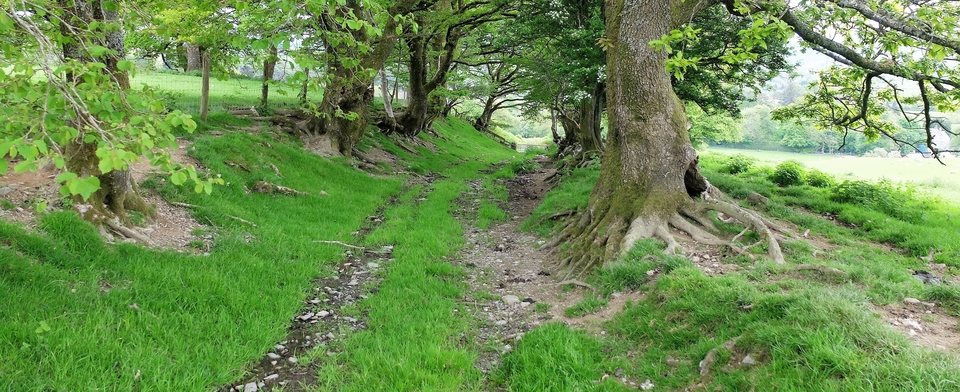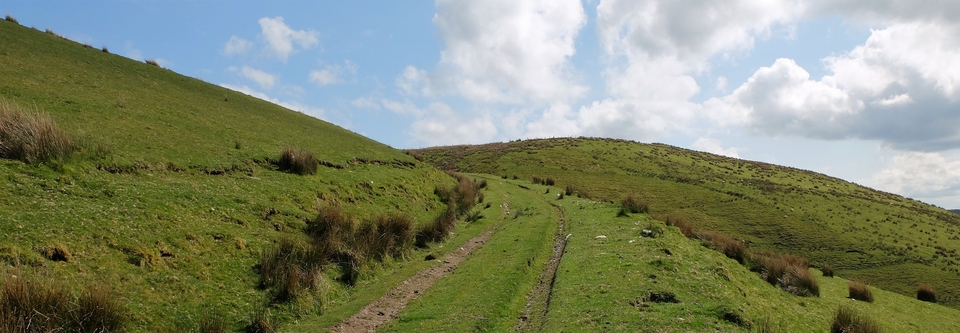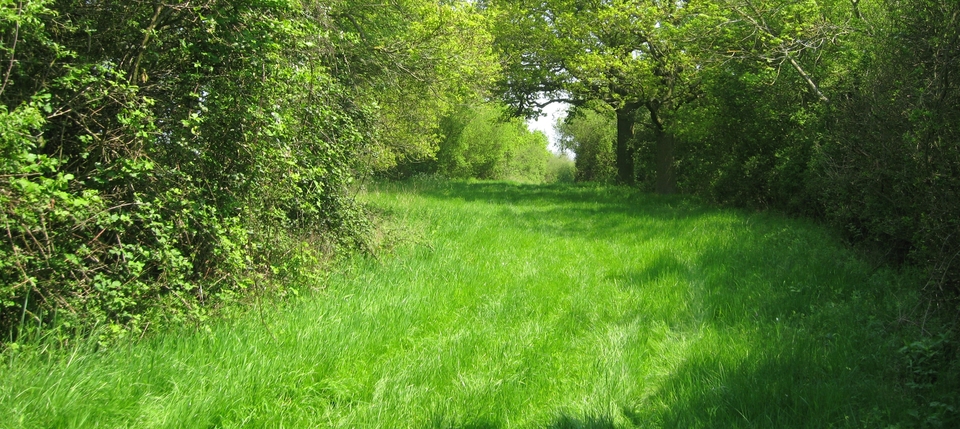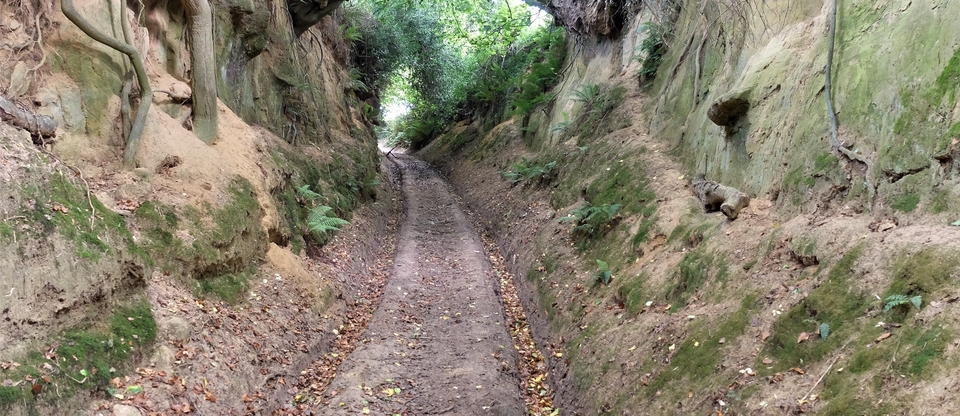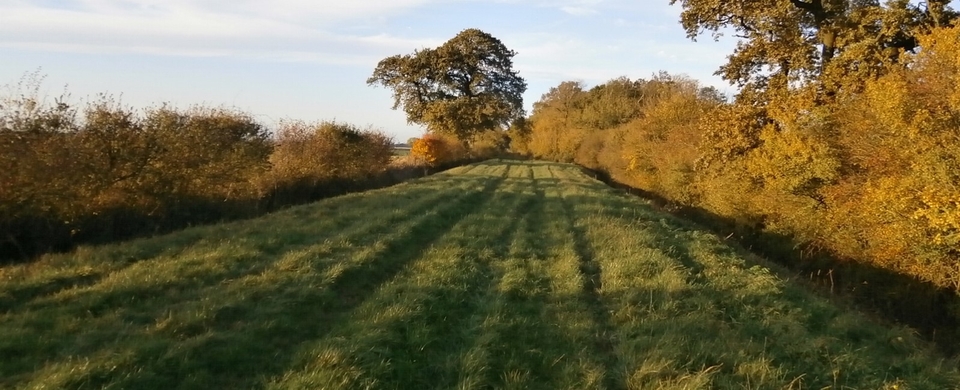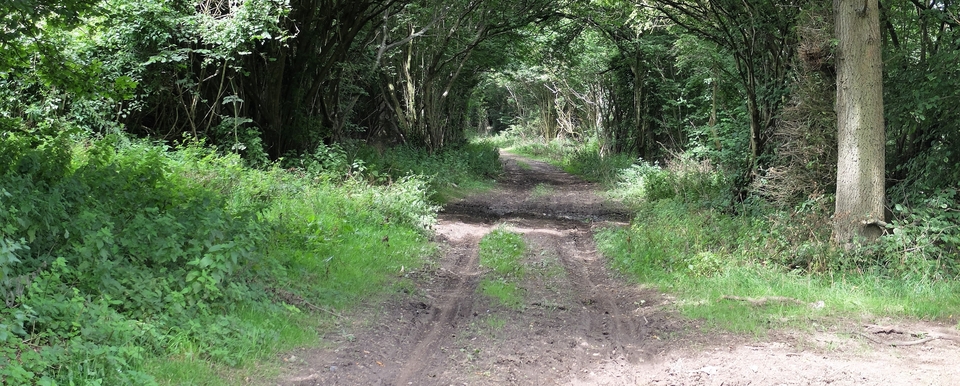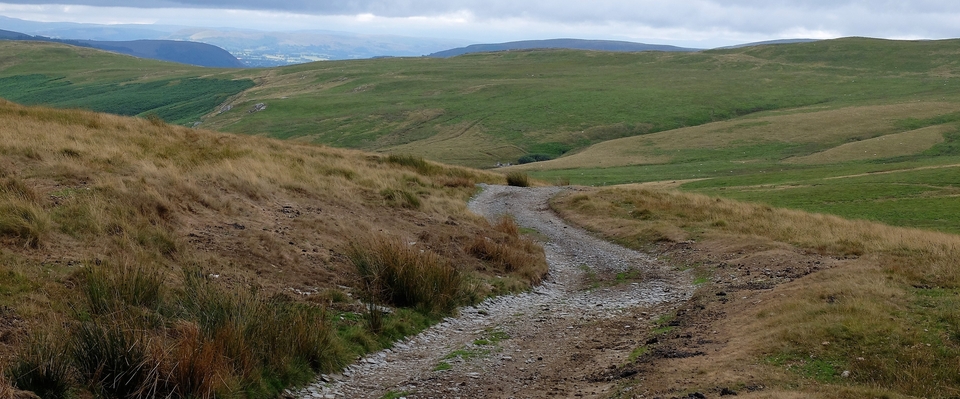Reputation (1)
A word of praise for drovers: though often despised as a wild and dishonest bunch, they navigated this land without maps or signposts in the age of bandits and highwaymen.
They had to be sure to find inns en route, but the vital factor was water: each bullock or heifer needed 8-10 gallons a day, from a running stream, the black cattle even more, maybe 201. The herd would destroy a village pond, so the lead drover (the ‘porthmon') on his pony would spend much of the drove one day ahead of his herd, planning where to water it. This feat of navigation is partly explained by the fact that boys would accompany their fathers or grandfathers on a drove, so ‘the knowledge', as London cab drivers would say, was constantly being passed down the generations.
"The most successful drovers were honest men," according to one of my informants. So what accounts for their bad reputation, and why was 'A drover and a rogue' (apparently) a common saying? Not hard to answer. Being strange in habit and appearance, a bit wild & independent by nature and speaking a strange tongue did not help; and travelling folk were mistrusted then as they often are today. And of course the bad ones, the rustlers and the cheats, gave all drovers a bad name.
Perhaps more importantly, drovers became used to a casual existence and often, according to Seebohm Rowntree's reports (1901 & 1941), relied largely on their wives' earnings, public assistance or both.
1 If you remember your Physics lessons, black absorbs heat while pale colours reflect it.
